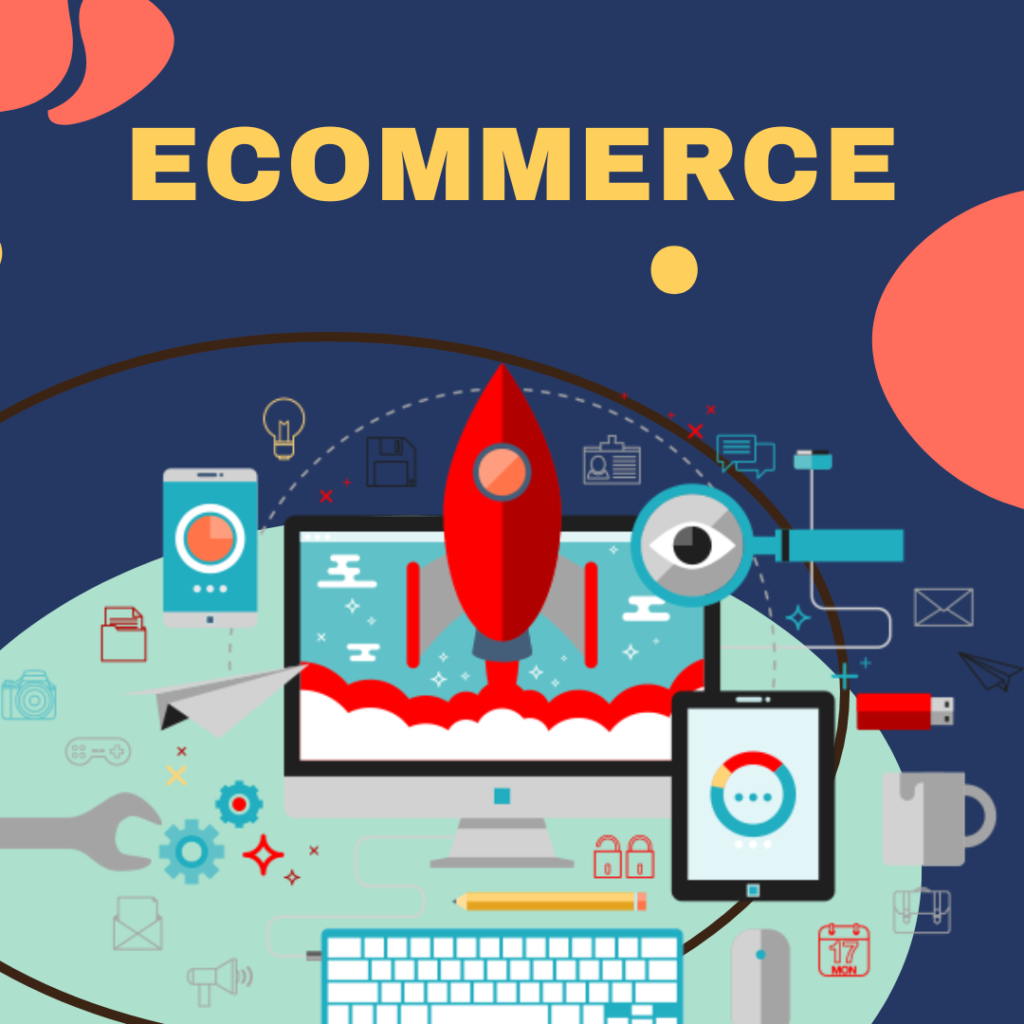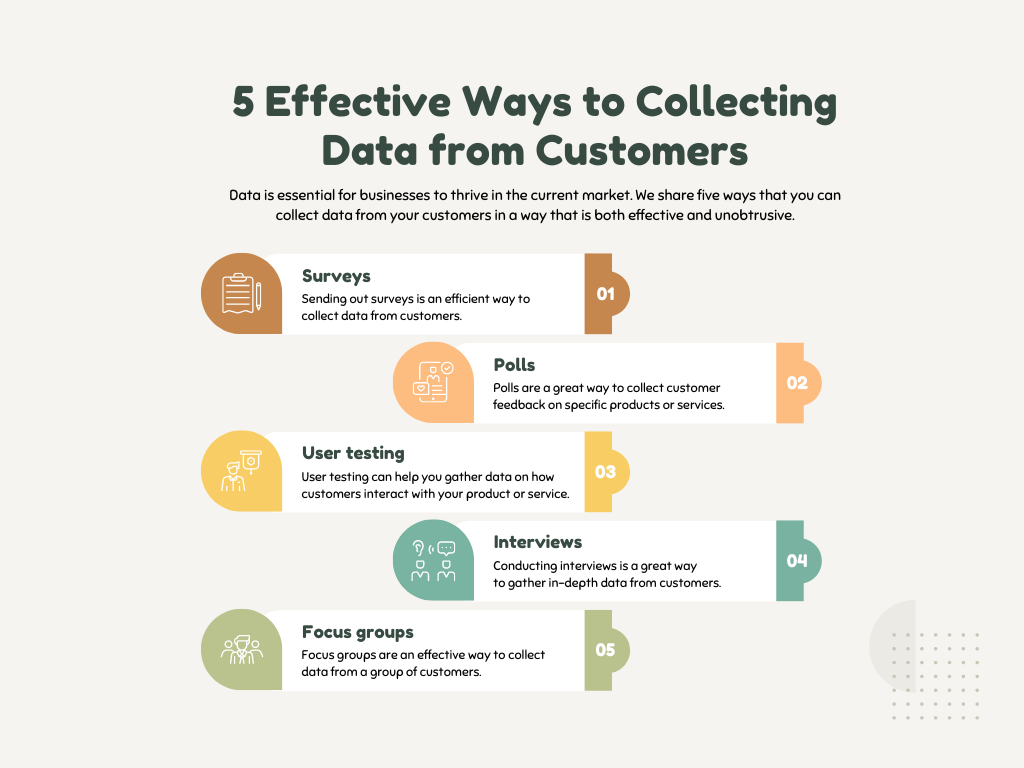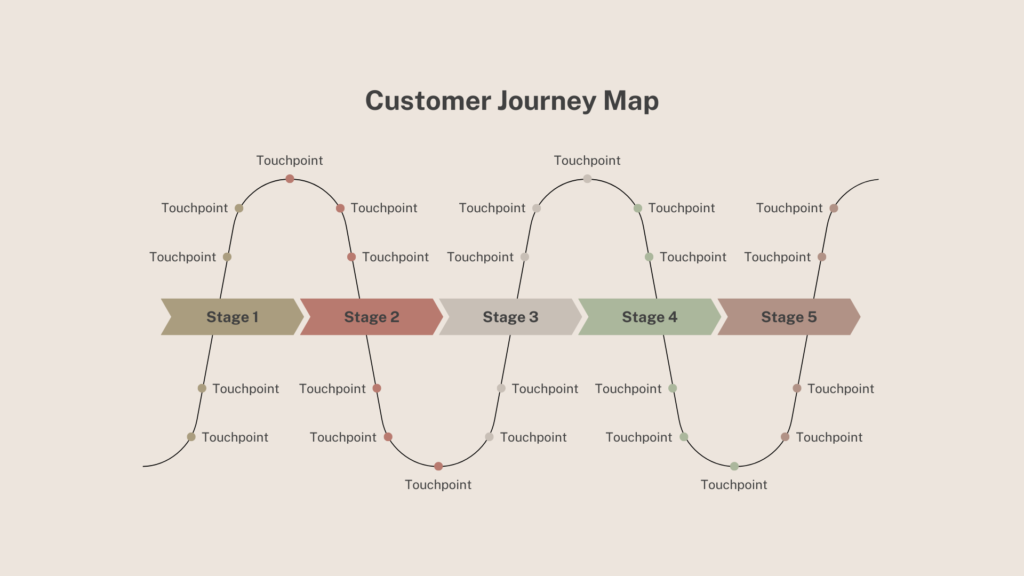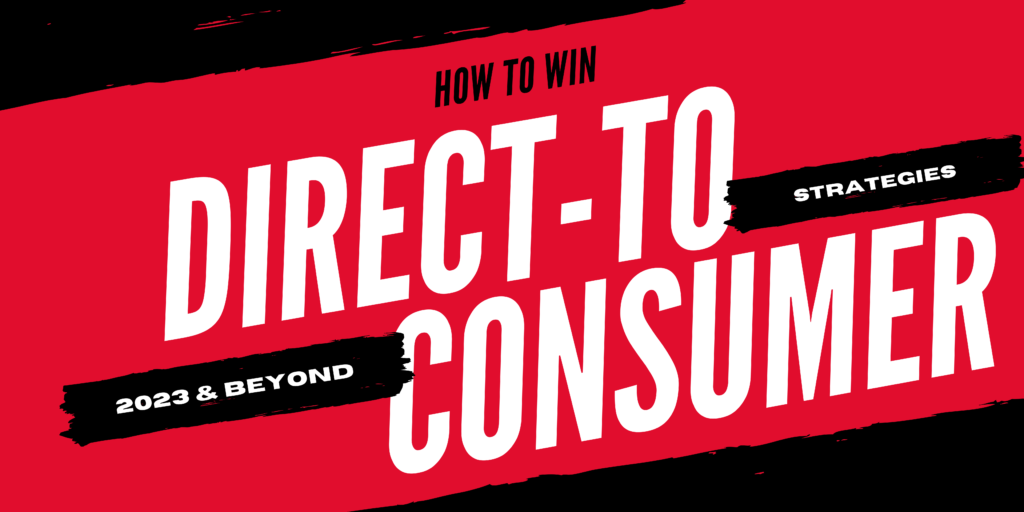As the world of business continues to evolve, so too must the way companies operate in order to remain competitive. Direct-to-consumer Strategies have become increasingly popular over the past few years as a way to cut out the middleman and build direct relationships with customers. With the year 2023 on the horizon, businesses need to understand how to effectively use Direct-to-Consumer Strategies in order to achieve their goals and stay ahead of the competition. In this blog post, we will explore the importance of Direct-to-Consumer Strategies and discuss how to win at them in 2023 and beyond.
The state of DTC today
Direct-to-consumer (DTC) strategies are becoming more and more popular as businesses shift from traditional business-to-consumer (B2C) approaches to e-commerce. DTC gives companies the ability to go directly to their customers, enabling them to capture valuable customer data and personalize their offerings to meet individual customer needs.

Today, we’re seeing a huge shift in the way that businesses are approaching DTC strategies, with many businesses investing heavily in customer experience and analytics. With an emphasis on personalization, many businesses are taking advantage of customer data to provide a unique shopping experience for their customers. By leveraging this data, they are able to provide more tailored products and services to their customers and increase customer loyalty. As the popularity of DTC continues to rise, it is important for businesses to stay ahead of the curve and develop strategies that will help them succeed in 2023 and beyond.
The rise of nano-influencers
With the digital age came a rise in social media, and with it, an influx of influencers. Nano-influencers are quickly becoming the go-to when businesses think of direct-to-consumer (DTC) strategies. These influencers often have smaller followings, usually fewer than 10,000, but they carry a lot of weight when it comes to brand building and customer engagement. Businesses benefit from their authenticity and ability to speak to their target audiences more directly.
Nano-influencers are more likely to be more invested in promoting a product or service since it’s not just about the money. They’re often more in tune with the needs and wants of their followers, making them great for gathering valuable customer data. With the right influencer, businesses can better understand what content resonates with customers, and use that knowledge to create targeted ecommerce campaigns.

Overall, nano-influencers present a unique opportunity for businesses to reach customers in a more effective way than traditional b2c marketing strategies. If done correctly, they can be an invaluable asset when it comes to building your brand and creating engaging experiences for your customers.
The power of personalization
Personalization is a key factor in any successful direct-to-consumer (DTC) strategy. By using customer data to create personalized experiences for customers, businesses can increase engagement and loyalty. Personalization allows businesses to better understand customer preferences, enabling them to tailor their messaging and offerings to meet the needs of individual customers.
Personalization starts with collecting customer data. This data can include demographic information, browsing habits, purchase history, and more. By leveraging this data, businesses can create tailored experiences that are tailored to each customer’s unique interests and needs. This can range from simple recommendations based on past purchases to custom product offerings that are specifically designed for a particular customer.

Personalization also provides businesses with an opportunity to create deeper relationships with their customers. For example, businesses can use customer data to create personalized messages and offers that make customers feel valued. This can lead to higher conversion rates, as customers are more likely to respond positively to a message that was written with them in mind.
In addition, personalization can help businesses stay ahead of the competition. By leveraging customer data to create experiences that are customized for individual customers, businesses can differentiate themselves from their competitors and stand out in a crowded marketplace.
Overall, personalization is an essential part of any successful business-to-customer (B2C) strategy. By leveraging customer data to create tailored experiences, businesses can improve engagement and loyalty, drive conversions, and set themselves apart from the competition.
The importance of customer experience
In the age of direct-to-consumer (DTC) business models, customer experience is paramount. Companies must not only capture and leverage customer data, but also create personalized experiences tailored to each individual customer. Consumers have come to expect a certain level of convenience, reliability, and satisfaction when it comes to their shopping experiences, and they’re willing to pay for those qualities. Businesses must ensure that the products and services they offer align with customer expectations.
Businesses must recognize that customers are no longer looking for one-size-fits-all solutions; rather, they want products and services that cater to their specific needs and interests. Companies should use customer data to gain insight into their customers’ wants and needs, and use this data to develop more personalized offerings that enhance the customer experience. This could include automated email notifications about new products or services, customized product recommendations, tailored discounts, and more.

Additionally, companies should focus on creating a seamless customer experience across all touch-points—from their website, to mobile applications, to brick-and-mortar stores. This means making sure their digital channels are optimized for ease of use, offering multiple payment methods, leveraging customer feedback to continuously improve the shopping experience, and ensuring a quick response time to customer inquiries.
Companies that take the time to understand and prioritize customer experience will be better positioned to attract and retain customers in the future. By implementing personalized offerings and creating an effortless customer experience, businesses can build trust and loyalty among their customers—ultimately leading to greater success in the years to come.
The future of DTC

As businesses increasingly shift to a direct-to-consumer (DTC) model, the landscape for DTC strategies is rapidly evolving. Going forward, businesses must focus on leveraging customer data to provide personalized experiences, building relationships with nano-influencers, and optimizing customer service in order to stay competitive.
One of the most important strategies for DTC success is leveraging customer data. Companies should leverage customer data to better understand customer needs and create personalized experiences tailored to the individual. This could include personalizing content or product recommendations based on customer preferences. With customer data, businesses can also develop loyalty programs that reward customers for their ongoing business.
Businesses should also work to build relationships with nano-influencers. Nano-influencers have smaller followings but often have deeper relationships with their audiences, making them invaluable partners in helping businesses reach new customers and build brand loyalty. Businesses should collaborate with nano-influencers to help spread their message, which can be beneficial in terms of marketing reach and creating meaningful connections with customers.
In addition, providing excellent customer service is essential in today’s DTC climate. This means having an easy-to-navigate website, efficient shipping methods, and reliable customer service teams who are available to answer questions and resolve any issues. Customers want to feel valued and that their business is appreciated, so having a strong customer service strategy is key for maintaining customer loyalty and driving repeat business.
As DTC continues to evolve, businesses must take steps to keep up with the latest trends and capitalize on opportunities in the market. By leveraging customer data, building relationships with nano-influencers, and optimizing customer service, businesses can create a successful DTC strategy that will help them remain competitive in the long run.


